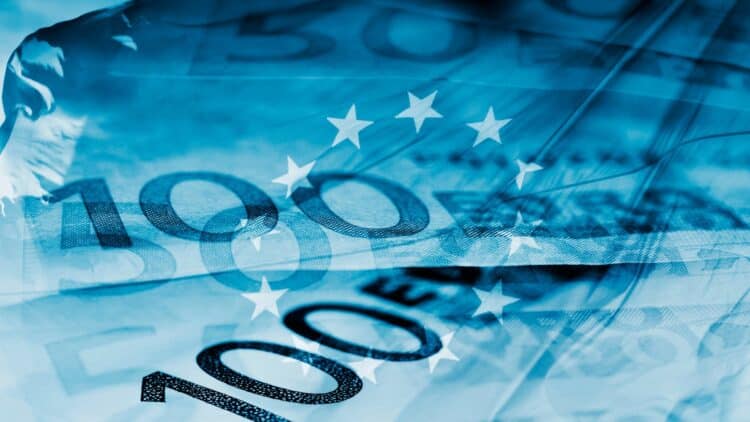Bulgaria stands on the brink of a historic transformation that will reshape its economic future forever. The Balkan nation has completed all necessary preparations to abandon its national currency and embrace the euro on January 1, 2026. This momentous decision marks the culmination of decades of economic reforms and positions Bulgaria as the 21st member of the eurozone currency union.
Council adopts final legally binding acts regarding Bulgaria’s euro transition
“The European Council has now adopted three key legal acts that are essential for Bulgaria’s membership in the eurozone,” said Danish Minister for Economic Affairs Stephanie Lose. “This marks the end of the process of membership in the eurozone because, through an act of legislation, it is decided that 1 Euro is equivalent to 1.95583 Lev per Euro. From today, Bulgaria is a member of the 21st country of the Euro zone,” she welcomed in a statement.
The holistic legislation package consists of a Council decision related to euro adoption, regulations that constitute Bulgaria as a member of the eurozone member states, and also defines the official rate of conversion. This legislation package is essentially the finishing line that needs to be cleared before Bulgaria is allowed to become fully operational in its use of Europe’s common currency. This is in line with its aim of integration within Europe through its currency board system.
IMF Managing Director highlights Bulgaria’s eurozone readiness and benefits
IMF Managing Director Kristalina Georgieva highlighted the readiness of Bulgaria to use the euro in a high-level meeting in Sofia, making a comparison with Croatia’s success in 2023.
Georgieva stated that “the country is ready for the euro” and pointed out that it “has a solid foundation, with public debt at merely 24 percent of GDP—well within the Euro Area average.” Georgieva explained that “joining a currency union means augmented safeguards against financial disruptions in Europe.”
Harvested benefits echo those in Croatia’s experience in terms of higher sovereign credit rating revisions, lower interest rates, and improved tourist friendliness. On a negative note, Georgieva cited possible inflationary “rounding” related to a 0.2 to 0.4 percentage points increases in price as in Croatia. She highlighted that while a single currency fosters economic integration, it must be paired with sound policies that will “catapult convergence to a new level” by catalyzing higher economic growth.
The conversion rate reflects the existing exchange mechanism stability
This is in line with a previously fixed rate of 1.95583 levs per euro that will ensure a smooth transition process without disrupting economic activities that have already become accustomed to such a rate. The current economic performance of Bulgaria, including record low unemployment rates and increased real income, is considered an excellent foundation for a smooth transition process to a eurozone membership while remaining within fiscal discipline, as public debts remain at one of the lowest within the EU.
Priorities of policy include ensuring sustained growth and integration in Europe
Bulgaria is simultaneously confronted with challenges and opportunities in its euro-area membership strategy. In order to reap benefits fully in the short term, wage gains that exceed productivity gains and sharp increases in credit expansion, especially in mortgages, as house prices are appreciating sharply, have to be managed. In terms of long-run challenges, an aging population, loss of talent, and infrastructure outlays accumulate pressures on public expenditure.
Bulgaria’s adoption of the euro is an event that is a matter of greater significance than a single monetary policy; it is a manifestation of Bulgaria’s commitment to embracing all that is considered a value of Europe. By proper use of policies, Bulgaria will be in a better position to have its income converge with that of Europe, as well as have a greater say in making decisions that will influence its economic path in Europe.


